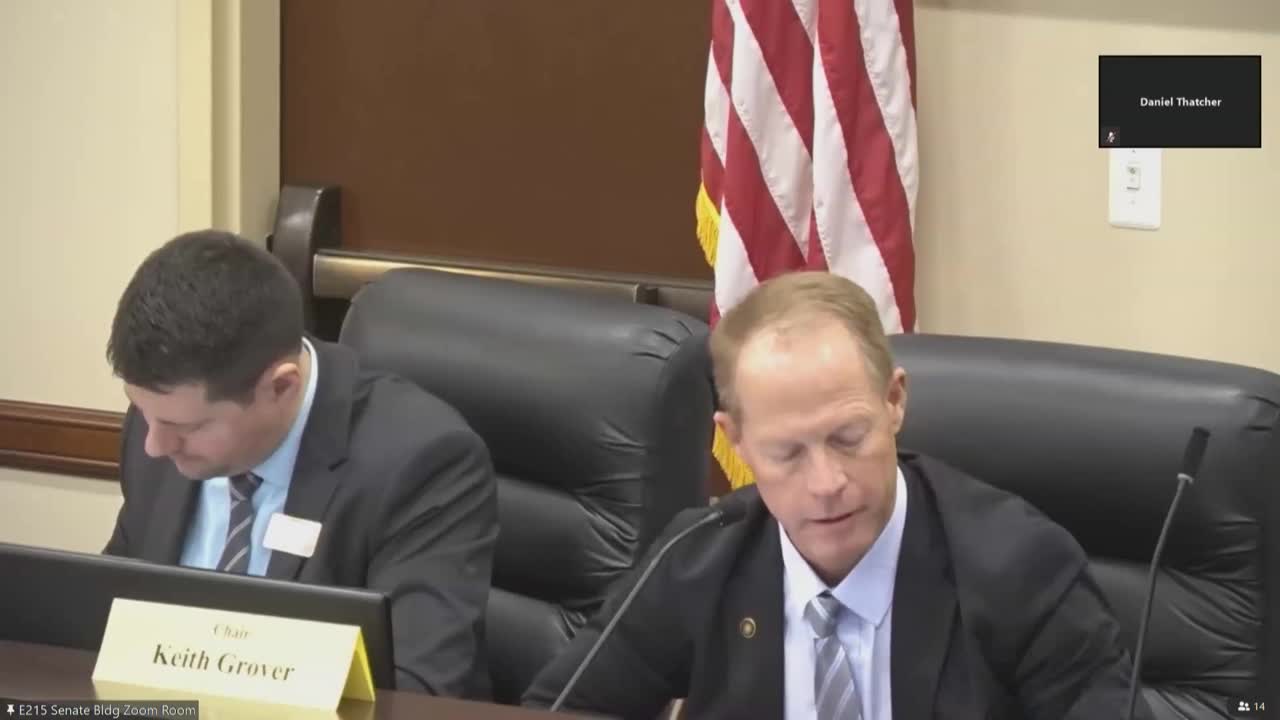Article not found
This article is no longer available. But don't worry—we've gathered other articles that discuss the same topic.
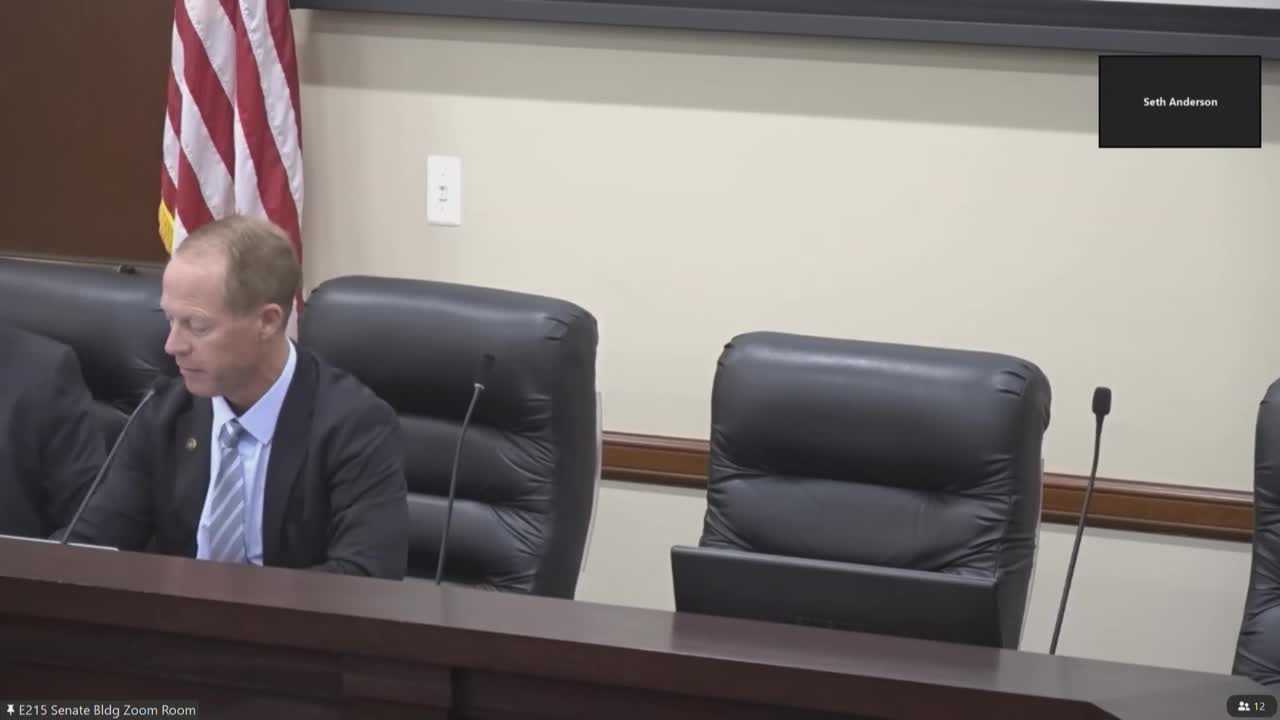
Committee advances bill that would allow charges for knowingly false child-welfare reports to DCFS
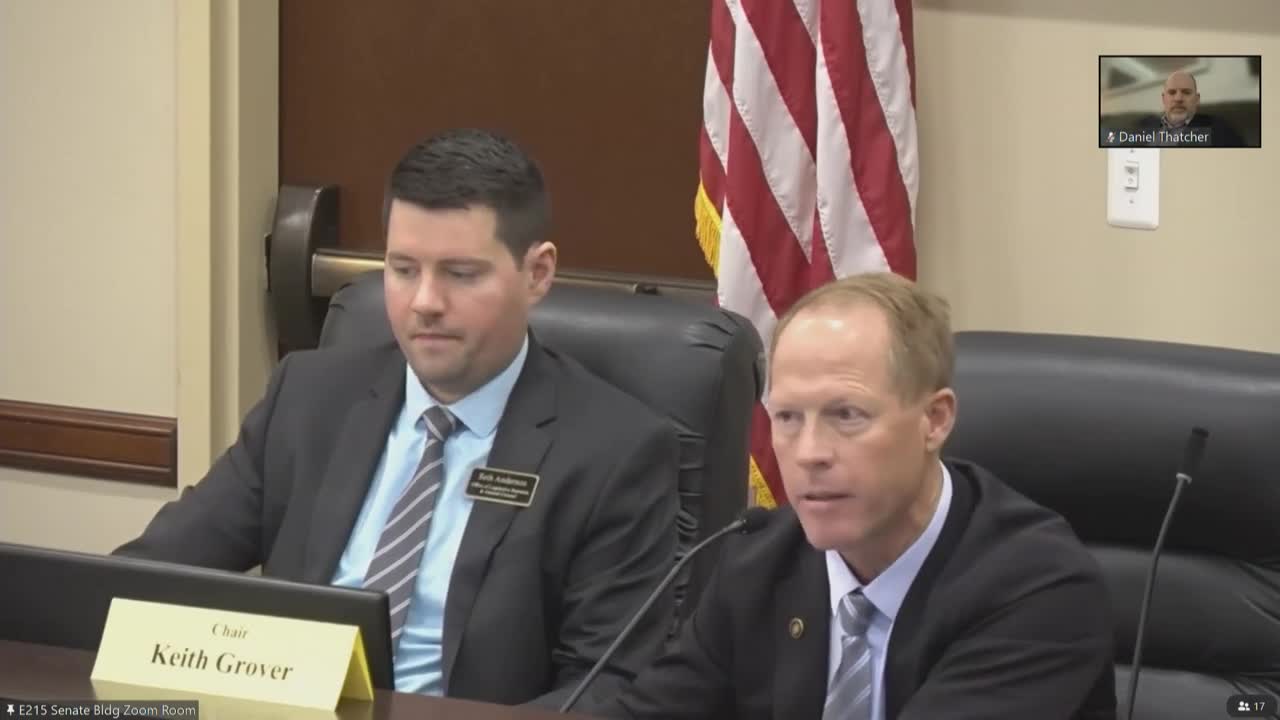
Committee endorses targeted Medicaid rate increase for autism service providers as interim measure
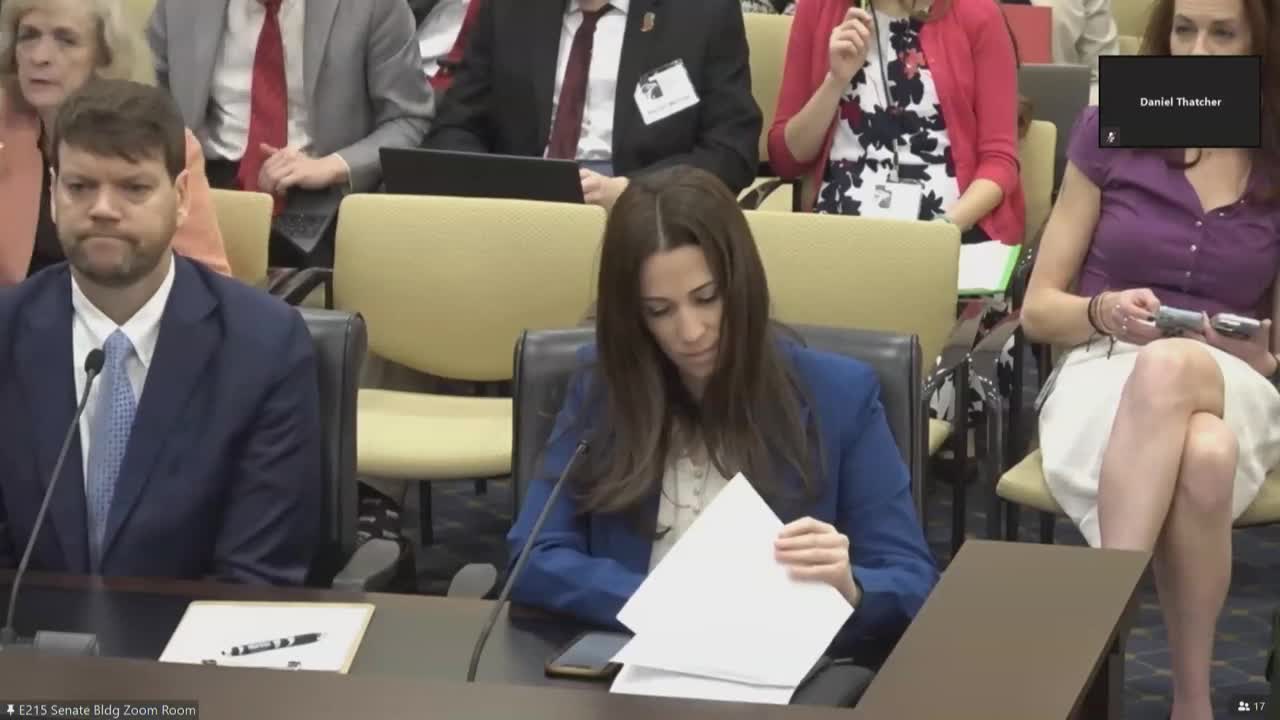
Committee passes bill to clarify assisted-reproduction contracts and donor medical-cost protections
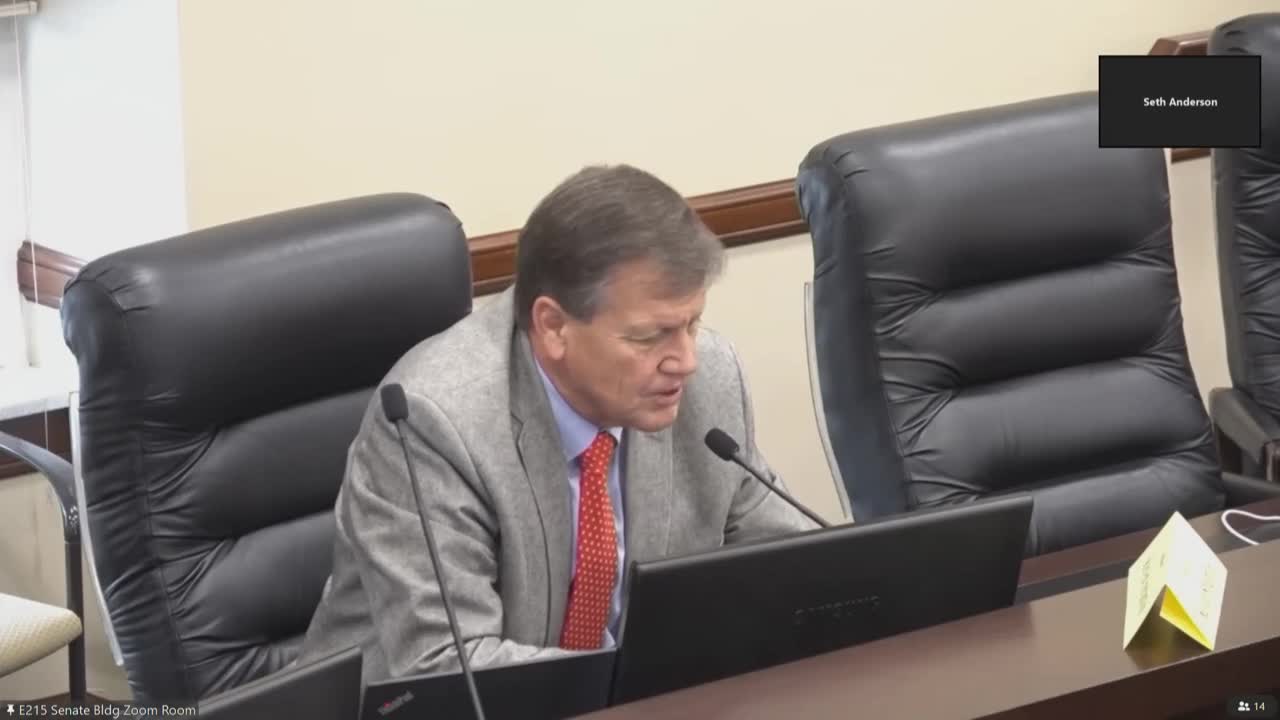
Committee approves EMS bill to move bureau, create critical needs account and raise grant cap
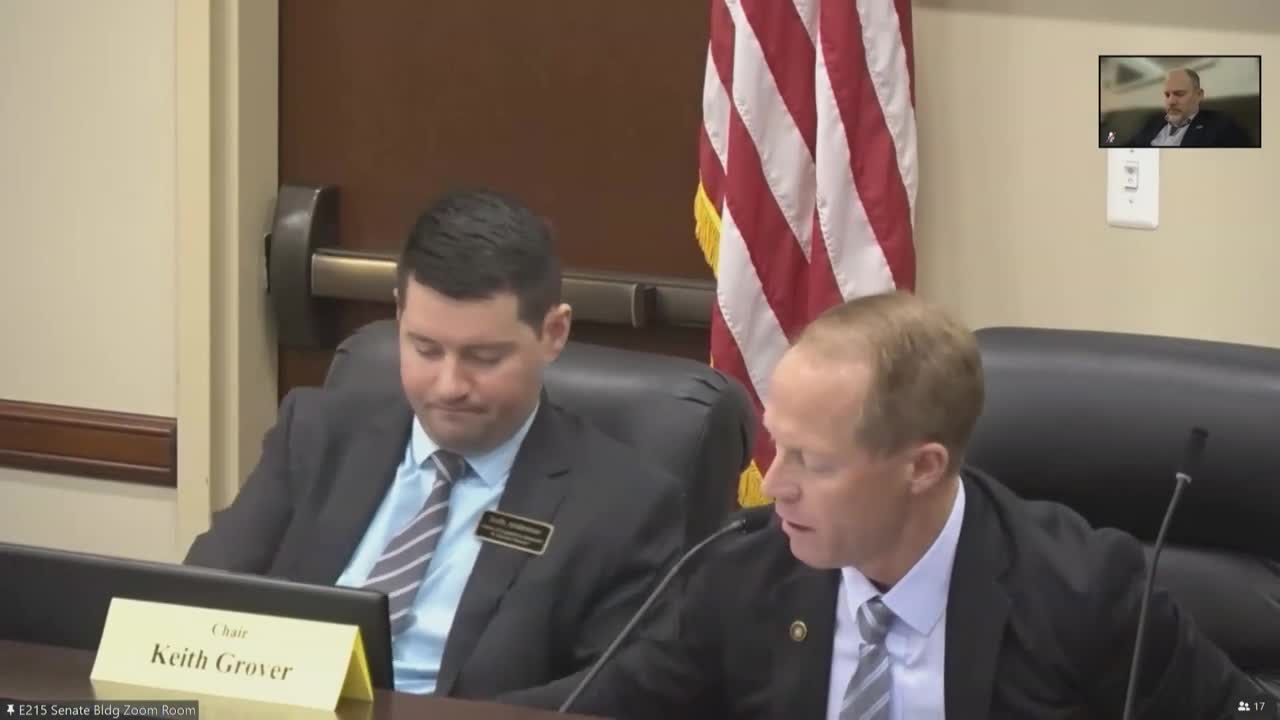
Committee rejects annual hemp regulatory update after divided vote
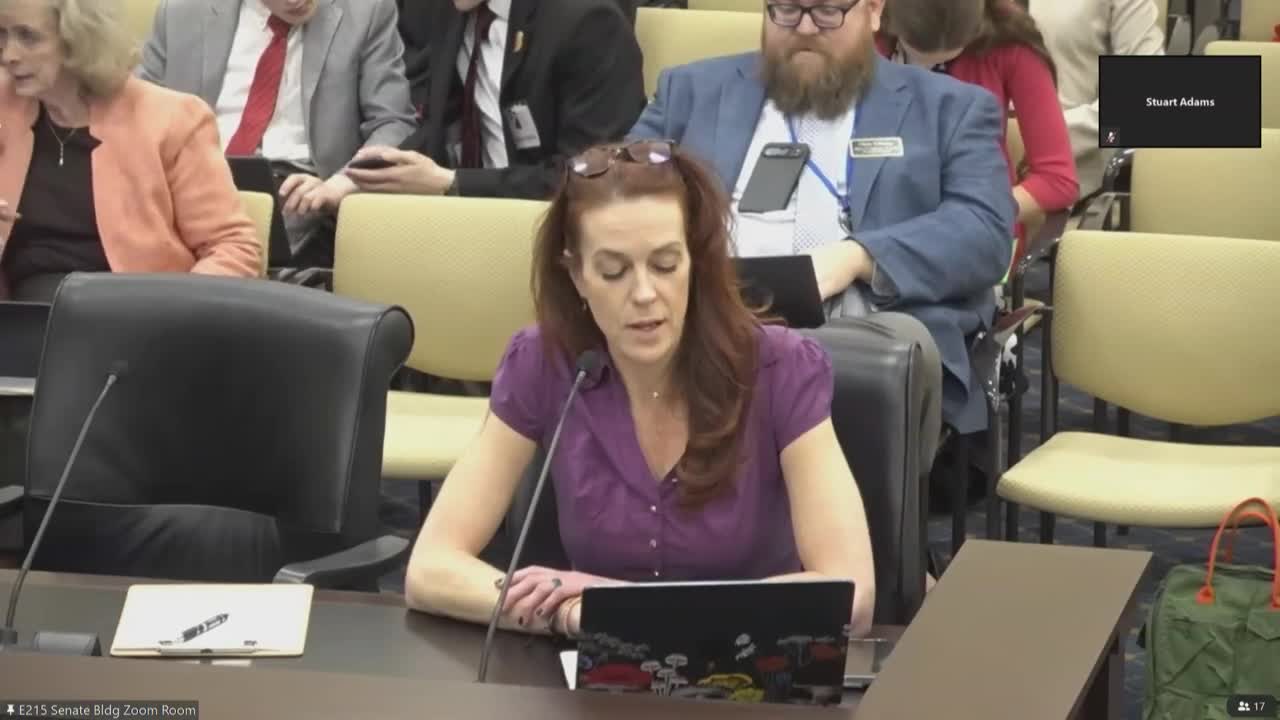
Committee substitutes wide-ranging medical cannabis package, then pauses final action after contentious testimony
